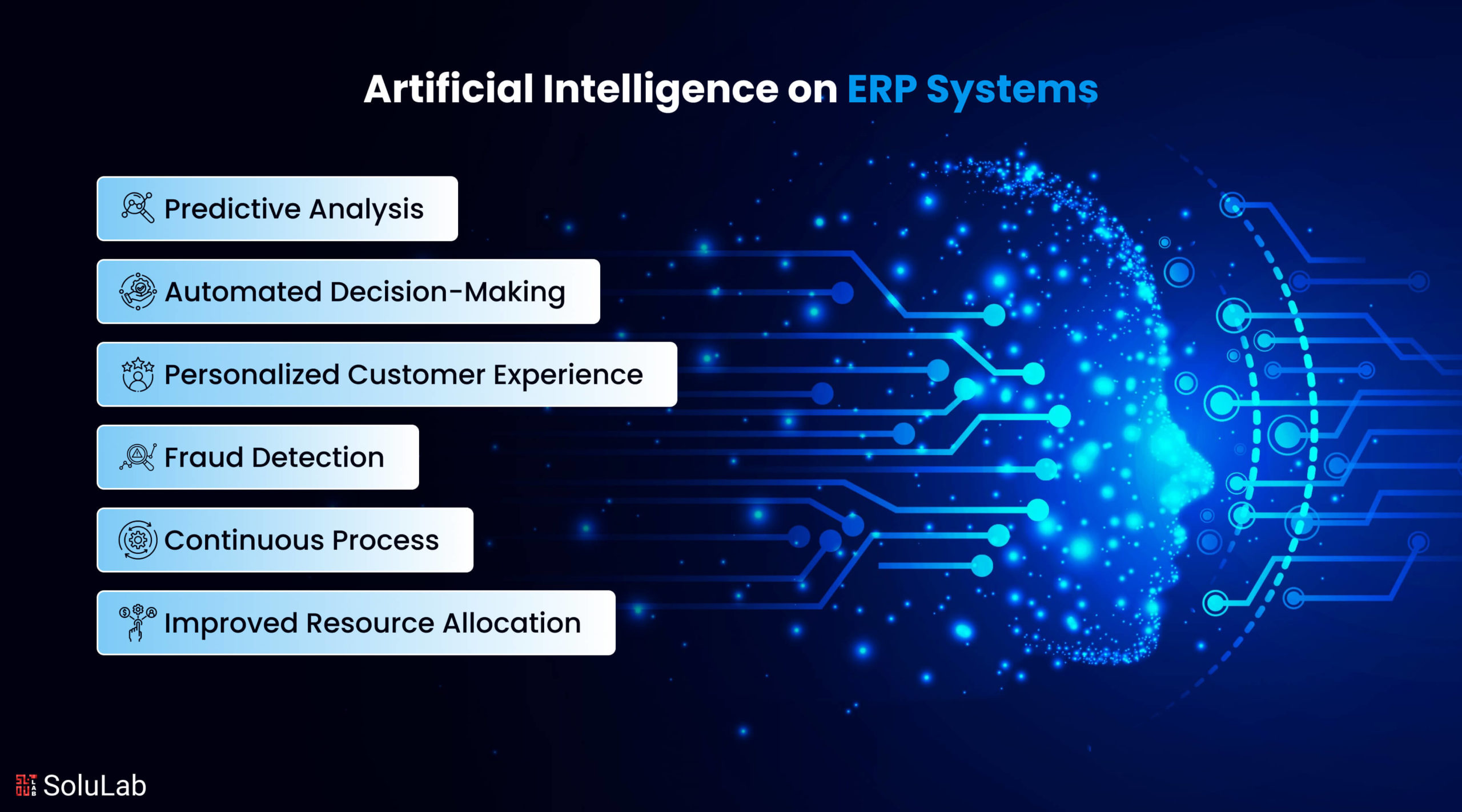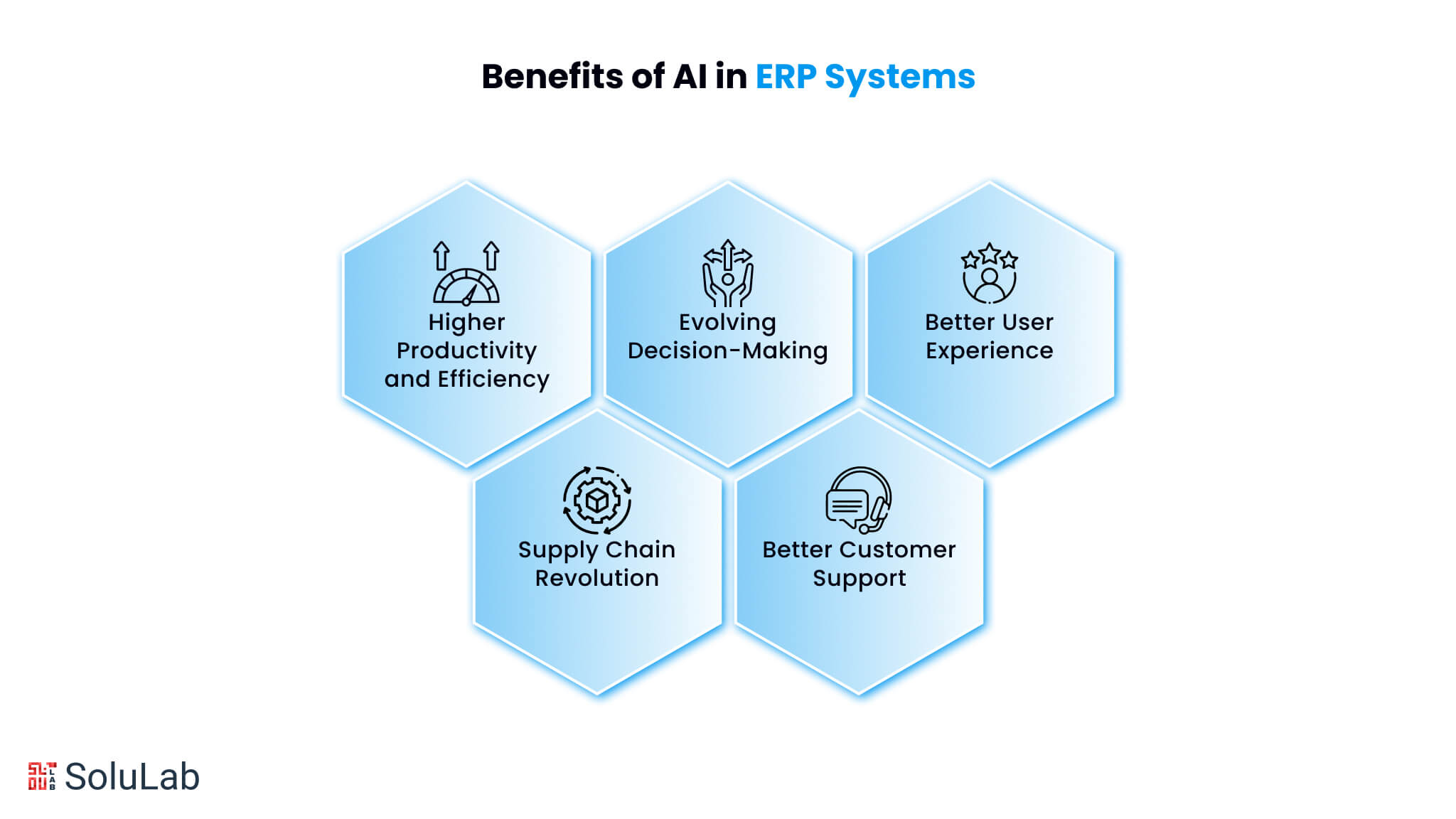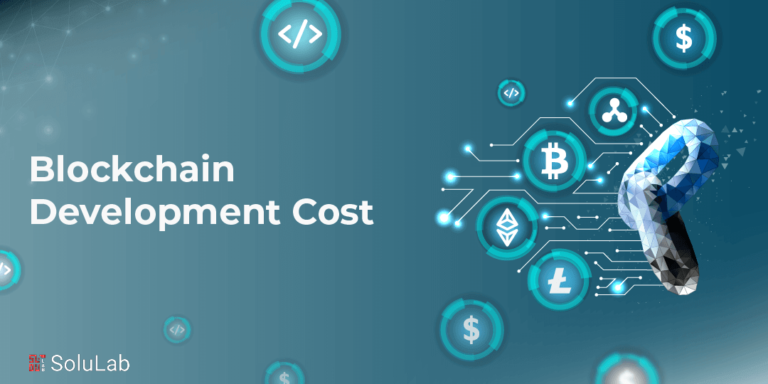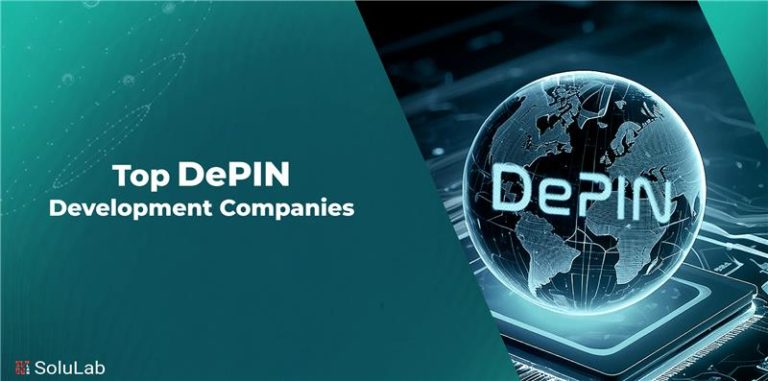
AI is said to be prominently involved in content creation and also in reshaping the space of ERP systems. AI marks a new generation of intelligent, automated, and self-developing ERP systems in organizations. This transition is not just about applying automation to processes, it’s about transforming the fundamental elements of business operations, including procurement and financial planning. Thus, Artificial Intelligence in ERP enables organizations to make better decisions leading to high chances of success. Currently, the technology of enterprise resource planning system software is being combined with AI to create ERP software Smart. This evolution does not only add the features of AI but also modify the manner ERP works and imposes solutions.
What are ERP Systems?
ERP systems or enterprise resource planning systems are considered to be the foundation of nearly every contemporary organization. These support structures are the main administrative centers for all the important activities of an organization, including finances and accounting, people, material, and customer management. Just imagine it as a set of interconnected processes where each procedure is operated by a particular system corresponding to the company’s field. The numerous systems are integrated with ERP Software and these function as a data sharing platform.
ERP systems gather data in total from the different departments and procedures, storing it in a single central database. This gets rid of problems of information hoarding and makes certain that all the stakeholders possess equal access to information. This makes it an ideal system for processing automation needs; with the help of the AI ERP software, most of the routine operations such as order processing can be carried out automatically, so the AI in ERP software is even quite similar to the nervous system of a business. With the continuous use of AI the global ERP software market grew by 9%, resulting in a worldwide value of approximately $39 billion in total software revenue.
ERP Systems and Its Relation with AI
AI in ERP Systems is enhancing the way business functions and assists ERP systems to become more intelligent, efficient, and flexible. Here is the role of AI in ERP systems:
1. Predictive Analysis
AI integrated with ERP solutions can use algorithmic techniques to understand the output of previous activities, and future trends in demand, manage stocks as well as project revenues and profits. Enterprise resource planning software has the ability that doesn’t stop at simply forecasting but also works beyond that by analyzing market trends, other business activities, and even weather patterns so that it can provide a more comprehensive view of future scenarios with the help of AI.
2. Automated Decision-Making
ERP artificial intelligence can automate routine decisions, like approving invoices or scheduling appointments, freeing up human resources for more complex tasks. This automation works well for adapting to changing conditions and provides explanations for recommendations making it a valuable tool for decision support.
3. Personalized Customer Experiences
AI in ERP systems can personalize customer interactions, providing tailored recommendations and support based on individual preferences and past behavior. Personalization goes beyond simple segmentation and enterprise resource planning system benefits from customer data, including purchase history, browsing behavior, and even social media interactions to generate a real individualized experience.
4. Enhanced Supply Chain Management
AI and ERP can optimize supply chains by predicting disruptions, optimizing routes, and automating inventory management, leading to reduced costs and improved efficiency. AI Agent in the supply chain helps in optimizing real-time data to dynamically adjust supply chain operations and minimize disruptions.
5. Fraud Detection and Prevention
AI Algorithms can identify suspicious transactions and patterns, helping businesses prevent fraud and protect their financial assets. It is evident in the enterprise resource planning examples that this detection helps AI to detect any fraud activity before time and make efficient use of resources. This proactive capability of AI keeps the business ahead of possible fraud and also helps in preventing future frauds.
6. Improved Resource Allocation
AI in ERP Systems can analyze data to optimize resource allocation, ensuring that the right people are assigned to the right tasks and that resources are used efficiently. AI ERP system allows businesses to easily optimize their inventory to keep track of the stocks and prevent stocking out or overstocking. The ability to analyze data from the supply chain helps with identifying insufficiencies.
7. Continuous Process Improvement
AI can continuously monitor and analyze processes, identifying areas for improvement and suggesting changes to optimize efficiency and effectiveness. It is easier for artificial intelligence ERP to identify where processes are slow and it can streamline the workflow for improved efficiency. It also looks out for the root causes of problems and fixes them to achieve success.
The Key Areas of Impact
These technologies themselves get revolutionized with AI, and in turn, are changing organizational management. Let us delve into some of the key areas where AI impact on ERP:
-
Supply Chain Management
AI makes better estimations about future demand by taking a lookout at the history of sales data, trends in an industry, and external factors. Such estimation provides an organization with the capability of better inventory management to avoid stockouts and overstocking of products. ERP artificial intelligence can review past data to pinpoint probable causes of interruptions, such as delays from suppliers or failures in transport means, and make plans to minimize the risks in advance. It can analyze consumer behavior and real-time market data to recommend dynamic pricing schemes, thereby ensuring that companies remain competitive while maximizing revenues. Gen AI in supply chain forecasts wants to analyze past purchasing trends. It could then go ahead and place automated purchase orders to ensure that the required material is availed in time.
-
Human Resources
AI-powered chatbots can conduct preliminary candidate screening, interview scheduling, and answer basic questions, freeing more of the HR staff’s time to attract the best talent and develop a satisfying onboarding process. AI agent in HR can analyze personnel data in areas where there is a shortage of talent in the workforce, thereby putting upskilling and targeted training in place that ensure workers possess the prerequisite skills to succeed at these roles. AI in ERP Systems can support the processing of employee performance data and provide relevant, personalized feedback. It can also identify potential performance problems at an early stage and solve them in time. AI-driven chatbots can be leveraged to respond to queries related to benefits, policies, and payrolls, and give employees the chance to access HR resources at their convenience. In this way, it improves employee satisfaction and fosters the spirit of self-service.
-
Data Handling and Business Intelligence
AI, on its own, standardizes and sanitizes data from diverse departments, thus maintaining accuracy and consistency to make it analysis-ready. AI systems can mine historical data and identify trends necessary for the prediction of future trends. This means that businesses can make adjustments and decisions way ahead accordingly with data. AI in ERP Systems makes it possible to instantly get insights on KPIs by analyzing data in real time. This puts in the hands of a manager the ability to pick on trouble areas fast and make the right decisions. Reporting can be readily automated by AI, which saves analysts time and money. ERP Softwares with AI reports provide deeper analysis since they are more dynamic and interactive.
-
User Experience
AI-powered chatbots answer customer queries in plain English, hence easy engagement with the customer, and they are also able to offer the needed user support without extensive training on some of the complex features that the ERP may have. Artificial Intelligence in ERP can recommend dashboards and reports that are relevant, based on the unique roles, and such requirements of the user. Now, users can pull the data most relevant to the situation at hand. In some cases, AI in ERP search tools will even pick up on intent when search phrases are not matched exactly, and display relevant data from within the ERP system. It can analyze user activity in the ERP system to suggest actions or next steps, thereby streamlining workflows for improved productivity.
-
Process Automation
Workflow can be easily automated in the system by using Process Automation AI, which applies Optical Character Recognition (OCR) technology to extract data from documents and bills. This, in turn, consumes a lot of time and brings in human errors. Artificial intelligence ERP may automate various approval processes through the identification of the appropriate approvers. The process is streamlined, and there are minimized numbers of bottlenecks. Artificial intelligence is used to carry out iterative processes, for example, the reconciliation between inventory and bank statements, ensuring it is done accurately and freeing accounting staff to perform difficult work. With AI, chatbots can handle common customer questions, freeing up human support representatives to work on trickier problems.
Related: AI Workflow Automation
Benefits of AI in ERP Systems

Artificial intelligence is making a difference in ERP systems and delivering immense benefits. Here are the three primary ways that ERP benefits from AI:
1. Higher Productivity and Efficiency
AI automated several of the repetitive processes, such as report preparation, processing invoices, and data entry. With this ERP benefits when workers begin to focus more on strategic projects and complex problem-solving. AI also locates places where bottlenecks are likely to occur within operations and offers ways to improve them. Turn-around times increase, as does the overall level of production.
2. Evolving Decision-Making
An ERP system produces enormous amounts of data; however, meaningful scrutiny and Lord knows what realizations from this data will take some time to develop. Now, by using AI for ERP businesses can reap all value from the data. Artificial intelligence algorithms study past trends, identify patterns, and forecast events that will happen in the future. This makes data-driven decision-making possible, thereby empowering companies to know what their clients may need, proactively enhance processes, and decrease probable risks.
3. Better User Experience
AI empowers the ERP system’s user interface to be more distinctive. Inbuilt NLP enables users to communicate with the system using natural language, which makes the interface very user-friendly. Moreover, in terms of areas of specific user responsibility, ERP benefits with Responsible AI can propose relevant data, reports, and actions, thus optimizing workflow, raising user satisfaction, and making enterprise operations more effective.
4. Supply Chain Revolution
AI predicts changes in demand, recommends dynamic pricing schemes, and optimizes procedures for procurement to maximize the management of a supply chain. This reduces stock-out and overstocking cases, ensures that the correct supplies are used by the business at the right time, and helps in developing a resilient supply chain at reduced costs.
5. Better Customer Support
AI-powered chatbots can respond to routine customer inquiries, allowing human support representatives to concentrate on more complex problems. AI is also capable enough to put itself in customers’ shoes by analyzing customer data to forecast customer behavior and devise corresponding marketing strategies.
Read Also: Customer Service Automation
How is AI Shaping ERP Software?
AI is constantly shaking up things in the world of ERP software. It is working quite as a game-changer, making ERP systems smarter, more efficient, and more user-friendly than ever before. AI is like a virtual assistant for ERP systems which can analyze piles of data, spot trends, and even predict future needs. For businesses, this means they can make better decisions yet faster. Ever thought of how much inventory to order? AI can give you the exact number based on historical data and recent market trends.
This is not where the impact of AI stops it goes beyond data and numbers. It is about making ERP systems accessible in a way that can understand natural language, answer any question, and also suggest solutions for required problems. AI and ERP make things easier for humans along with helping to automate tasks that may be repetitive to free up employees for focusing on more strategic work. This explains how AI is shaping ERP software and becoming more successful.
Final Words
The combination of artificial intelligence and ERP is not only a technological advancement but also a drastic shift in the way businesses operate. It is more about harnessing data for generating a smarter decision, automating processes, and achieving greater success. This shift has begun to impact various aspects of businesses from supply chain management to customer relationship management. The benefits of AI in ERP systems have made it capable of analyzing vast amounts of data, patterns identification, and future predicting outcomes allowing businesses to make highly informed decisions and reducing the possibility of risks and errors.
Furthermore, with enterprise resource planning system benefits we can see it leading towards increased productivity, reduced errors, and improved employee satisfaction. Chatbots can handle customer inquiries while the workflow will be streamlined. The future of enterprise resource planning software is very much intertwined with AI. You can get in touch with an AI development company or hire an AI developer, to empower businesses to make data-driven decisions for agility. At SoluLab an AI development company we are dedicated to helping businesses harness the potential power of AI which can transform ERP systems by providing creative ideas and solutions for craving success.
FAQs
1. Is my ERP data safe with AI?
Security will be the foremost point of view while using AI. Businesses must be certain that the chosen AI system is highly security-owned in terms of protection against sensitive data. What is important here is the encryption of data and regular security audits.
2. Within which industries can AI in ERP be most useful?
Many industries can benefit from AI. It allows manufacturing to anticipate faults in equipment and optimize operations in production. Retailers can manage inventory and better target marketing activities. AI in healthcare will improve patient care through the predictive maintenance of medical devices.
3. Where should I start on how to bring AI into my ERP?
Be clear on what your goals are about AI. Be specific about whether you wish to be more efficient, manage your inventories better, or learn about your customers. Ensure that the AI algorithms work seamlessly by ensuring that the data definitions are clear, standardized, and easily accessible.
4. Isn’t it complicated to understand and implement AI into an ERP system?
Yes, it is supposed to be user-friendly. AI advice and support where you currently are working, cutting down on interruption and the need to pick up whole new procedures. The system may present the AI features differently to you depending on your function as a user. While more sophisticated capabilities that require specialized training might be reserved for the chosen few, some of the basic functionalities can easily be made available to all users.
5. How can I make AI work in my ERP with the help of SoluLab?
We give extensive services to the company in its integration of artificial intelligence and work towards realizing its full potential. Be it analyzing your unique needs, developing a personal plan for implementing AI, or continuing our support, our team of professionals can do it all. We understand the challenges in implementing AI and hence strive to make the entire process for our clients hassle-free and rewarding.






